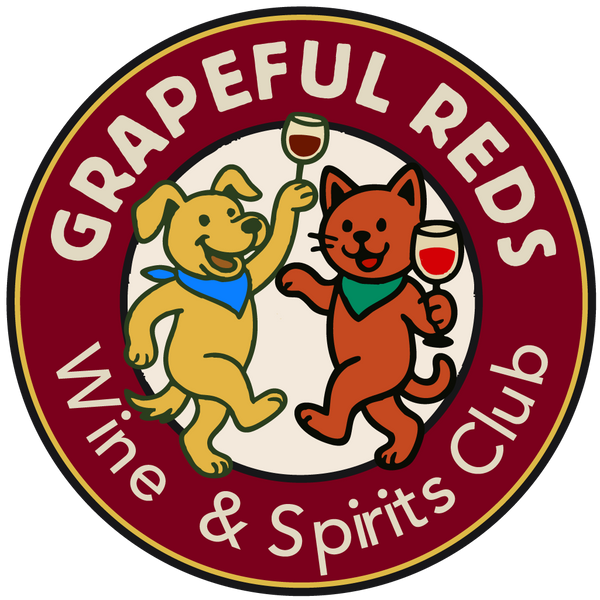Aging
Definition:
The fine art of locking booze in a wooden time capsule until it’s less like “paint thinner” and more like “liquid poetry.” Whiskey, rum, cognac, even wine—they all mellow out and pick up character while napping in barrels.
Why it Matters:
Aging is where the magic happens. A raw spirit fresh off the still is hot, harsh, and about as subtle as a marching band in your living room. But give it a few years in oak, and suddenly it’s smooth, layered, and carrying notes of vanilla, caramel, spice, or even smoke. It’s the difference between a rookie musician and a seasoned jazz legend.
For bartenders, knowing how long a spirit has aged tells you what flavors it brings to the glass. A young tequila might be crisp and peppery, while an extra añejo is rich and mellow. Aging shapes cocktails, informs pairings, and gives drinkers bragging rights; because “12-year-old single malt” just sounds classier than “cheap stuff I found on sale.”
